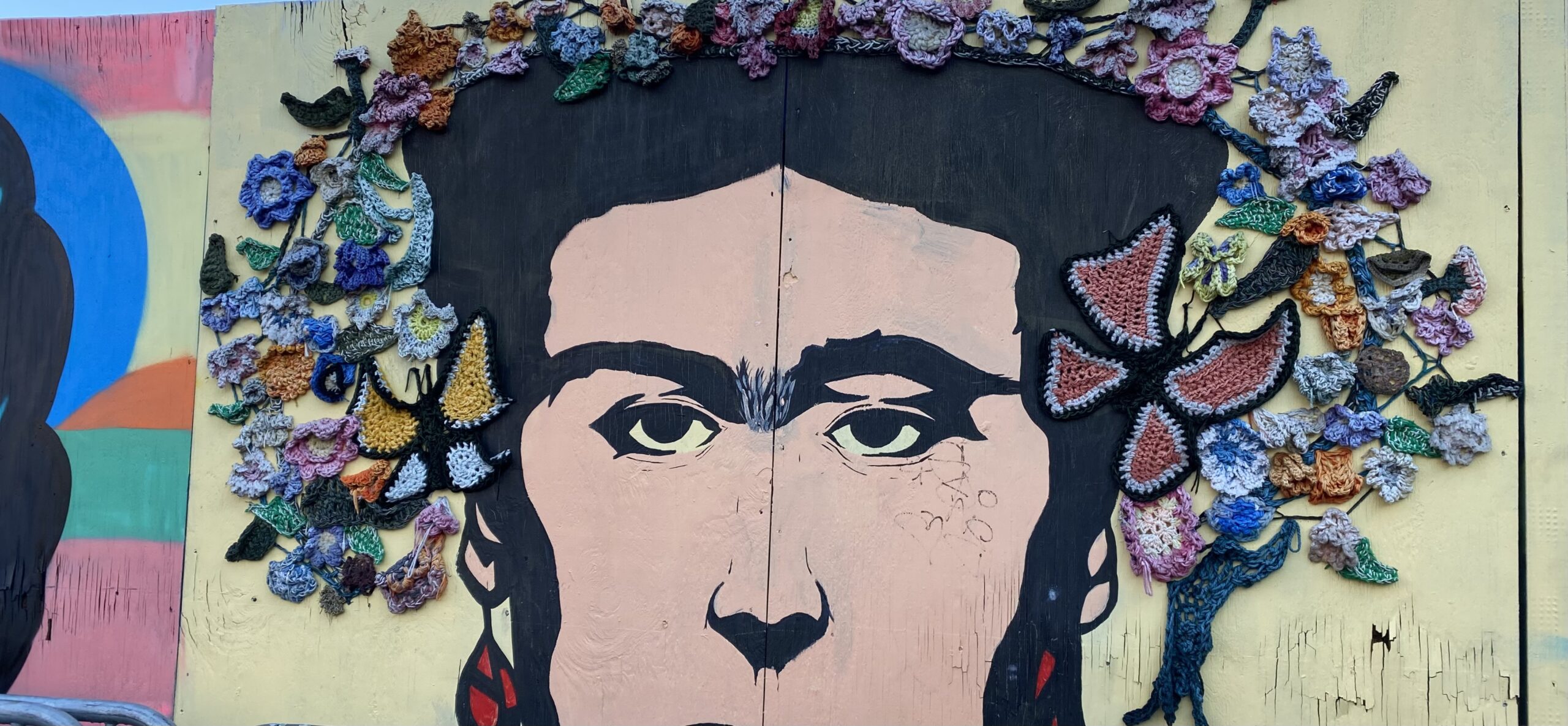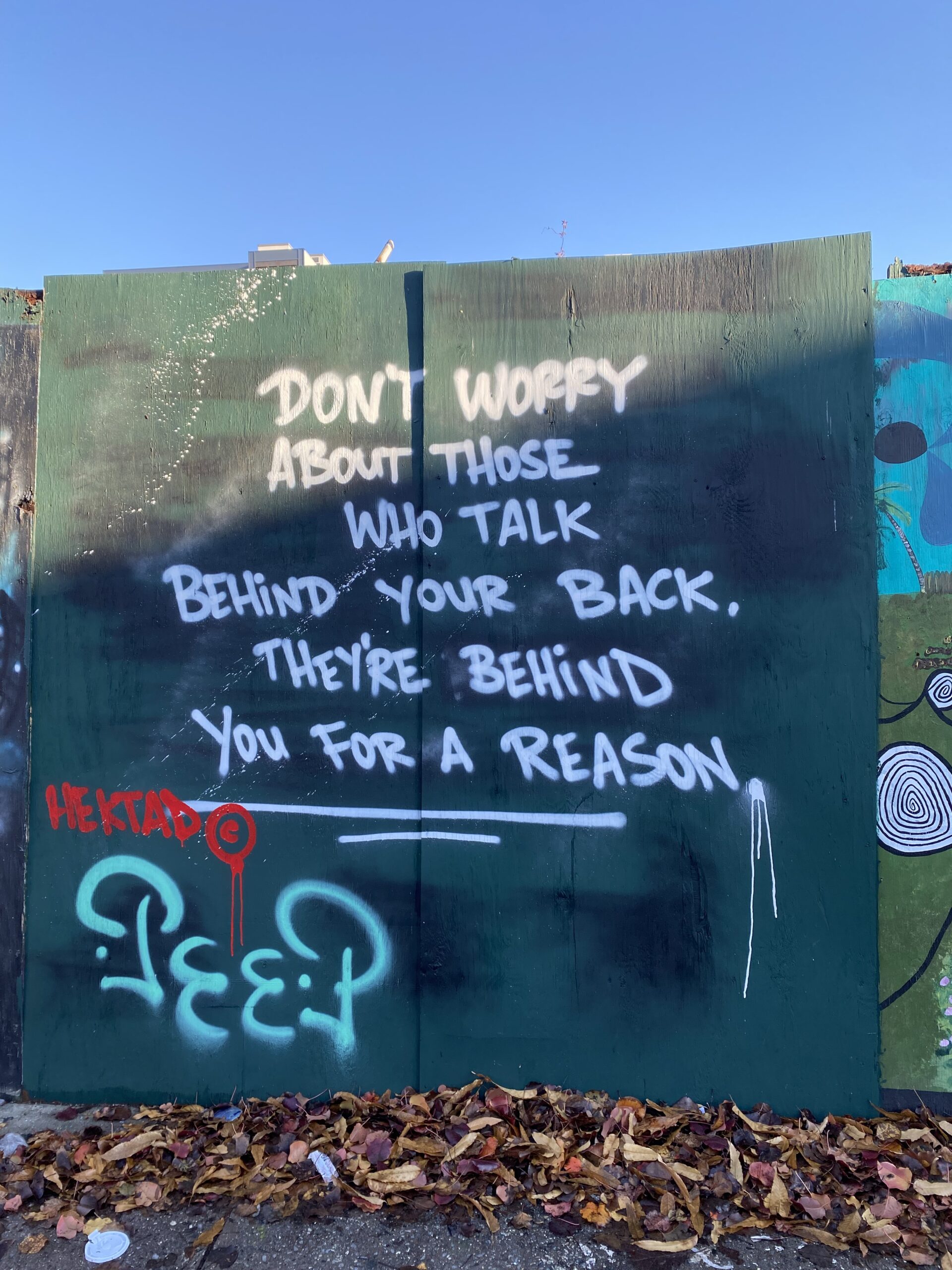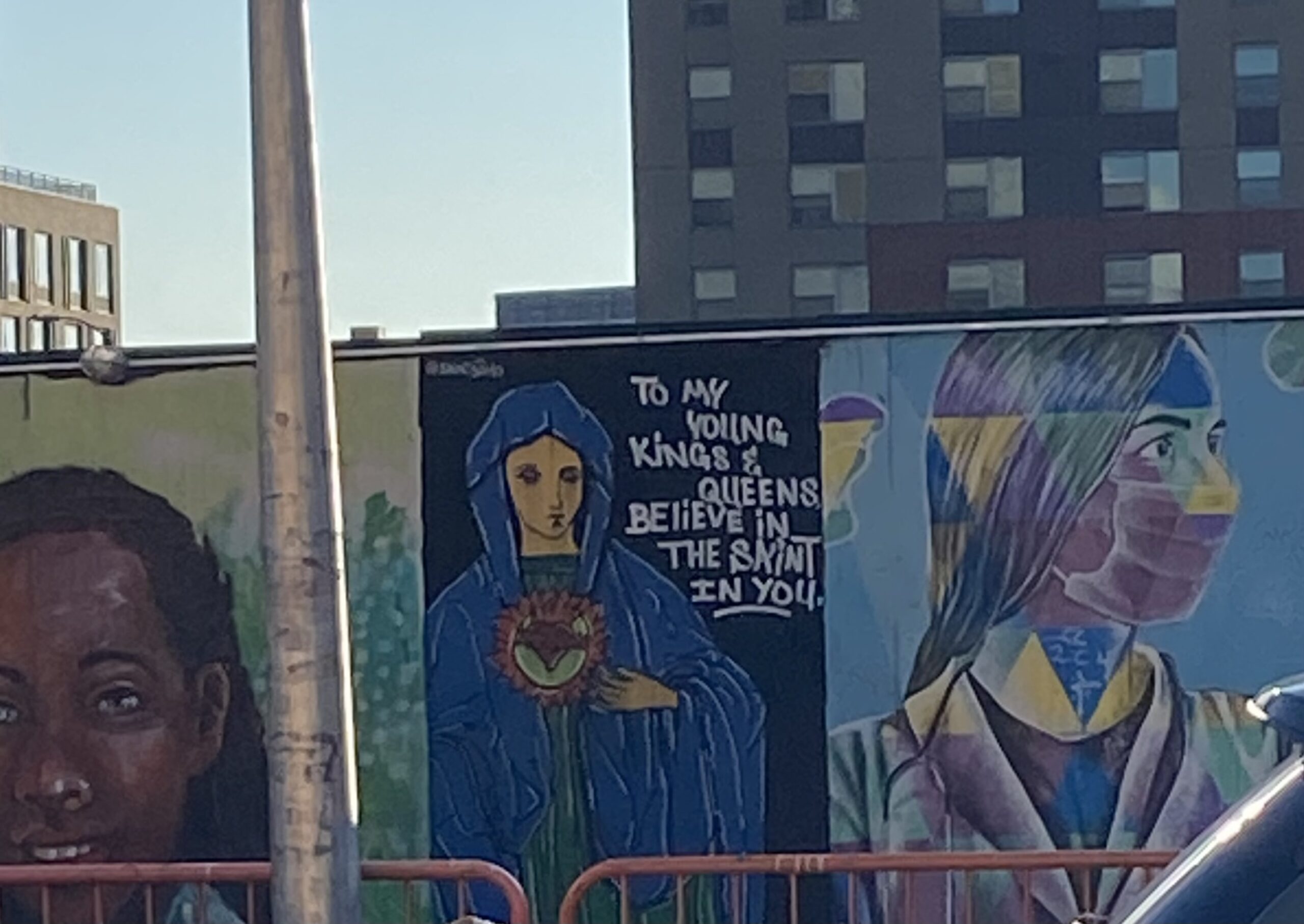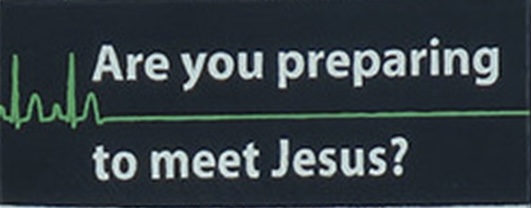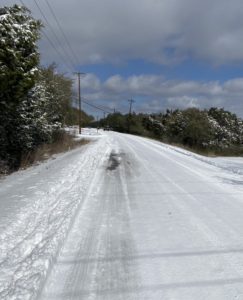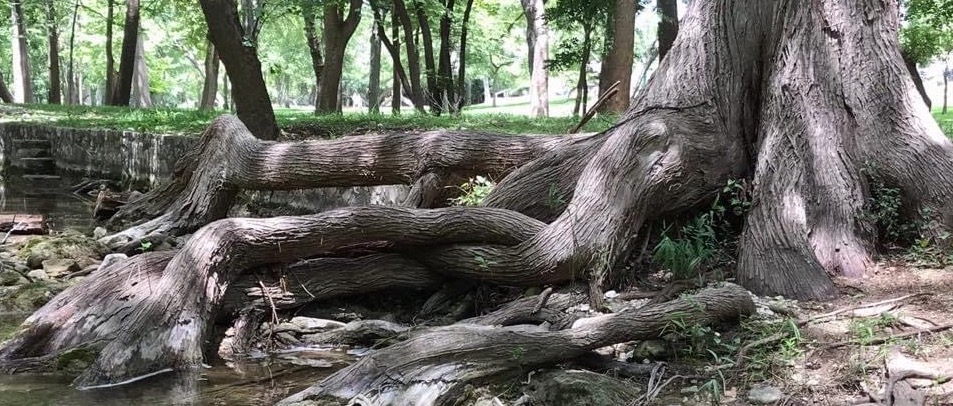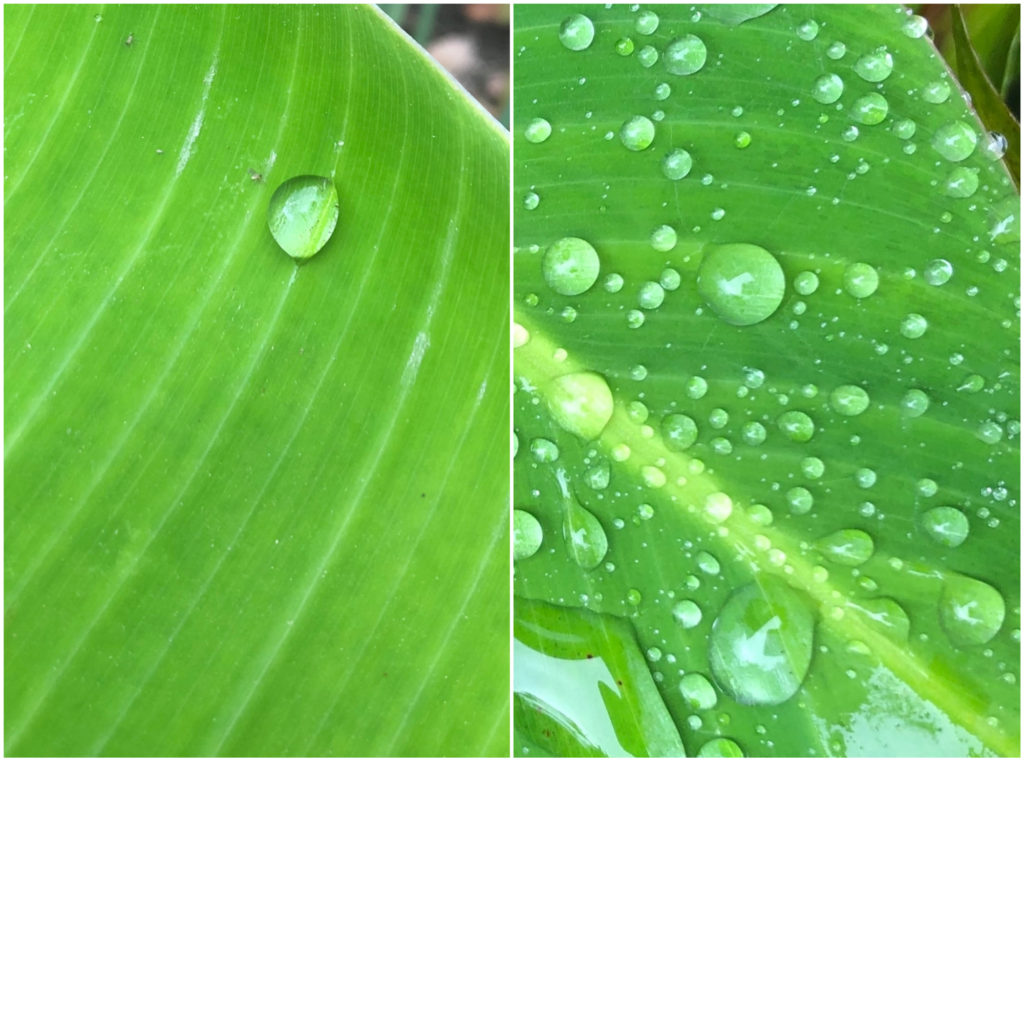When you ask people what “liberty” means, you are likely to get a range of answers. I found that out last week when I actually did ask some of my friends.
- One sees it from a social and political perspective – it’s the freedoms of the press, assembly, the ability to criticize the government without fear of prosecution.
- Another says it is the ability to travel.
- A professor I know talks about liberty as the ability to make choices free of external constraints and also about the way our societies arrange themselves to allow this freedom without constraints – so liberty is both personal and social.
- A few folks insist that liberty, true liberty, is being able to do whatever they want, whenever they want. No limits.
- Only two friends had the correct answer: Liberty is an insurance company with an emu mascot.
What all these understandings share is a sense that liberty is freedom from limitations. Limitations of place, tradition, culture. The origins of this understanding of liberty come from the Enlightenment – that period in the late 17th and early 18th century during which great thinkers, scientists, writers, and political figures promoted an ideal of individual human dignity and equality. And this ideal of liberty is foundational to the American experiment – it is at the heart of our social agreements in the Declaration of Independence and the Constitution.
While individual liberty has become a bedrock of our common life, the definition has changed over time. Once, liberty included the value of each person as well as the connections we have to one another. Our individual liberty was inextricably tied to our social liberty – our freedom as a community to be safe, secure, and to pursue common goals.
Yet now, for many, liberty has come to mean the right of each to be separate from and not beholden to anyone or anything. For many, true liberation is being untethered from obligations or restraints of any kind. This is not a universally held belief, but it has become more and more apparent in our common life that some think we have no true common life.
We see evidence of this strong individualism all around us, most recently in debates about masking and vaccine requirements, but also in conversations about public speech, dress codes, gun regulations, smoking and vaping in public spaces, noise restrictions, and even occasionally motorcycle helmet requirements.
However, one thing people on various sides of this conversation have in common when they talk about liberty is the sense that liberty is – in the best sense of the word – a political value. In this context “political” has to do with the way groups of people make decisions and share power and resources. It is how we live together. In most areas of our lives, the idea of liberty is very much about how we agree (or disagree) to live together.
With all this pubic attention on the idea of “liberty” and what it means, I was caught up short to see the word appear in a reading from the Letter of James for last Sunday’s lectionary. Oh sure, I remembered the familiar parts of this letter about being slow to anger and being doers of the word. But I had not paid much attention to what he describes as the “law of liberty.”
“those who look into the perfect law, the law of liberty and persevere, being not hearers who forget but doers who act – they will be blessed in their doing.”
From our modern perspective, how odd it is to see those two words together, law and liberty. Some might think these terms are opposites. Or at the very least wonder what they could mean in the context of faith. What in the world could “liberty” have to do with what James is taking about here?
What does liberty have to do with God and with Jesus? What does it have to do with being a Christian?
It helps to know that James is writing to people who, like us, are facing hard times and he is encouraging them. He reminds them that God has planted a seed of goodness in them, and that seed can grow. He tells them to be good listeners, not to spout off in anger too quickly. He tells them to be doers of the word and not merely hearers.
And he tells them that the “law of liberty,” pure religion, is caring for the most vulnerable people in the community.
For James, “liberty” comes to us through God’s law and is related to our behavior in relation to other people. Liberty is listening well, speaking with good intentions, caring for widows and orphans. Liberty seems to include a set of obligations rather than freedom from them.
Now the wise people who lived in 1st century didn’t share our notions of individual freedoms. They, of course, lived long before the Enlightenment and the modern era. And in their time almost all people were very poor and had little or no political or social power. They all understood in a visceral way that they depended on one another. So the idea of individual freedom the way you and I think of it – well, it would have seemed utterly selfish and crazy, perhaps even fatal. No one could live like that! Not even an emperor.
And they had another insight as well. They understood that each person had a choice in their loyalties. Each person has the ability, the opportunity, to chose the realm of power in which they operated in the world. So, for instance James writes –
“rid yourselves of all sordidness and rank growth of wickedness, and welcome with meekness the implanted word that has the power to save your souls.”
In other words, we can live in the realm of sordidness and wickedness, or in the realm of the implanted word. But not both. We can live in the realm of sin or of life. But not both.
That doesn’t mean the faithful won’t sin and the sinners won’t hear the word of God. What it means is that you will chose which of those realms claims your heart and soul. You can only orient your life in one direction or the other.
That is why, for James, how we behave is so important. It isn’t because what we do will earn us heaven or hell. No. It is because our behavior is evidence that we have let God’s word change us – or not. It is a sign that we have heard the word and have allowed it to grow in our lives to such an extent that it affects how we operate in the world.
What James is teaching us is that for Christians liberty is not freedom FROM cares, but freedom TO care. Not freedom FROM entanglements, but freedom FOR relationships. Not freedom FROM our neighbor, but freedom to love our neighbor.
For us, the law of liberty is the freedom to let God work through us. Liberty in this context might be political in the sense that it contributes to how we live together. But more importantly, liberty for us is theological. The way we live together is evidence of our loyalty to God. By orienting ourselves to God, we are liberated to participate in God’s love.
This is why, for James, the “law of liberty” is encouraging to people going through hard times. Because even as subjects of the Roman emperor his audience could be free to love God. Even in dire poverty, they could live for each other and not only for themselves. Because when you live in Christ, it is impossible to have an isolated, separate life. In Christ you are automatically connected not only to Christ but to all that Christ embraces.
For us today, this understanding of liberty poses challenges. First we have to acknowledge the tension between what our culture and our faith demand of us. Political and economic liberty has very different expectations of us than the liberty of love and justice. James reminds us – warns us – to be doers of the word and not merely hearers who deceive themselves. Because hearing the word without changing your behavior is self-indulgent. True faith lives in the community, not just inside your head or, worse, as a reflection in a mirror.
Second, we are challenged to embrace the “law of liberty” and allow it it form us, to transform us. God has planted the word in us. And this word grows! God working through us creates something new. It grows over time. Our personal relationship with God must be expressed and experienced through our belonging to God’s people. Being a good listener and being slow to anger are not just ways of showing respect to other people – they are ways of allowing yourself to be transformed into the kind of person who truly values and loves the other.
Caring for the poor is more than providing basic needs for people who are vulnerable, it is a way seeing yourself as their neighbor and recognizing what God loves about them.
As you go about your daily life, there will still be arguments about social and political liberty, what freedom means in relationship to the laws of the land and the people you have to live with. Yet you can choose the law of liberty. And if you choose to accept that law, your liberty will be experienced by doing things!
You can be quick to listen, slow to speak, and slow to anger.
You can care for the most vulnerable.
You can be doers who act and you will be blessed in your doing.
James 1:17-27
Every generous act of giving, with every perfect gift, is from above, coming down from the Father of lights, with whom there is no variation or shadow due to change. In fulfillment of his own purpose he gave us birth by the word of truth, so that we would become a kind of first fruits of his creatures.
You must understand this my beloved: let everyone be quick to listen, slow to speak, slow to anger; for your anger does not produce God’s righteousness Therefore rid yourselves of all sordidness and rank growth of wickedness, and welcome with meekness the implanted word that has the power to save your souls.
But be doers of the word and not merely hearers who deceive themselves. For if any are hearers of the word and not doers, they are like those who look at themselves in a mirror; for they look at themselves and, on going away, immediately forget what they were like. But those who look into the perfect law, the law of liberty and persevere, being not hearers who forget but doers who act – they will be blessed in their doing.
If any think they are religious, and do not bridle their tongues but deceive their hearts, their religion is worthless. Religion that is pure and undefiled before God, the Father, is this: to care for orphans and widows in their distress and to keep oneself unstained by the world.
